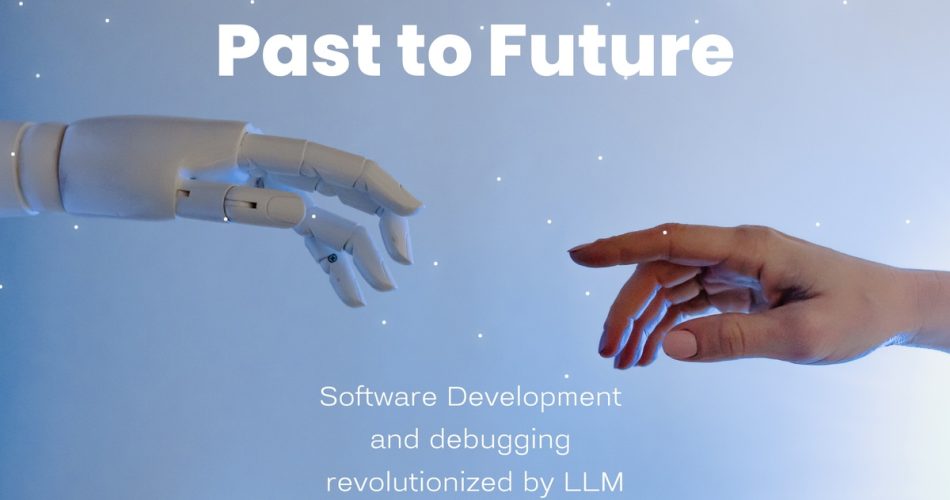I remember, two decades ago, when Google fundamentally disrupted the programming landscape. By revolutionizing the way, we decipher error messages, it made the process as effortless as a quick search, rendering traditional manuals obsolete. Major tech entities who produce software, programming tools, frameworks, compilers, runtime, and operating systems began to step back from maintaining extensive knowledge bases and providing detailed explanations for their software-generated error codes. Instead, they trusted the collective wisdom of tech communities to fill these knowledge gaps.
As we stand today, we’re on the brink of another monumental transformation in the world of tech. Low-Level Machine (LLM) tools are poised to reshape the contours of software development, testing, troubleshooting, and even the syntax of programming languages. I anticipate programming languages becoming more succinct and efficient, and a significant leap in human-computer interaction. The way we, as software engineers instruct, and control computers is undergoing a profound metamorphosis.
This forthcoming era heralds an exciting chapter in our technological journey – we’re transitioning from merely adapting to machines, to teaching them to better understand our language. As thought leaders, it’s crucial that we remain open and actively engage in these transformative conversations. It’s not just about keeping pace with these developments but influencing the course of this new epoch in coding.
#LLM #SoftwareDevelopment #TheFutureIsNow #CodingEvolution #HumanComputerInteraction 🖥️🚀👩🏿💻



Comments